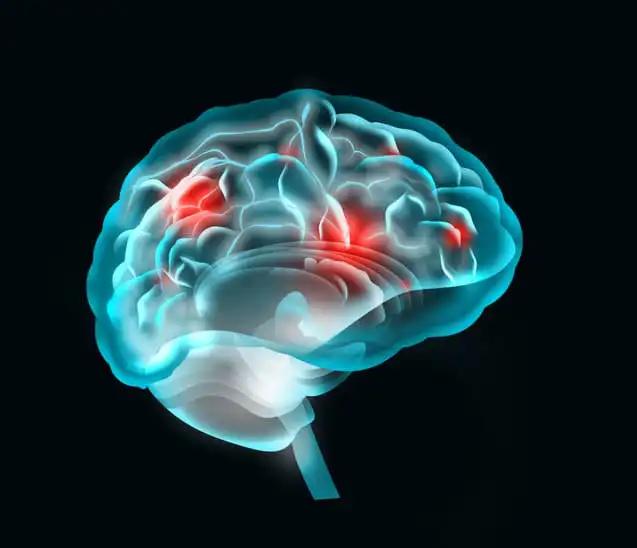KEY TAKEAWAYS
- The study aimed to expand expert neuro-oncology review, aiding patients with limited specialized center access.
- The results demonstrated that virtual MTBs support expert review, aiding rare CNS tumor care, mitigating geographic barriers, and guiding management with molecular testing.
In the context of brain cancer, multidisciplinary tumor boards (MTBs) merge clinical, molecular, and radiological data, streamlining neuro-oncology care. Amidst the COVID-19 pandemic, MTB adapted to a virtual, multi-institutional structure.
James L. Rogers and his team spearheaded the study that aimed to assess how this expansion could enable expert review of complex neuro-oncology cases and enhance care accessibility for patients in remote areas.
The study conducted a retrospective review of virtual MTB sessions from April 2020 to March 2021. Data gathered included various indicators of clinical significance, such as referrals for observational or therapeutic studies, requests for specialized neuropathology analysis, and instances where molecular findings influenced diagnosis alteration and/or management recommendations.
The results demonstrated that over 25 meetings, 32 presenters discussed 44 cases. Approximately half (48%, n=20) of these cases involved rare central nervous system (CNS) tumors. In 21% (n=9) of cases, the diagnosis was altered or refined based on molecular profiling conducted at the NIH.
The molecular findings guided management decisions in 36% (n=15) of cases. Suggestions for clinical trials were provided for 31% (n=13) of cases, while 21% (n=9) were recommended for enrollment in the observational NCI Natural History Study. Neuropathology review and molecular testing at the NIH were suggested for 17% (n=7) of cases, with all cases receiving management recommendations.
The study concluded that virtual multi-institutional MTBs facilitate expert review of CNS tumors remotely. This strategy aids in accessing expert opinions from specialized centers, particularly for rare CNS tumors, thus overcoming geographic barriers to patient care.
Moreover, this serves as a valuable pre-screening tool for research studies. Advanced molecular testing is pivotal in achieving accurate diagnoses, uncovering potentially actionable targets, and directing patient management.
The NCI Comprehensive Oncology Network for Evaluating Rare CNS Tumors (NCI-CONNECT) funded this research.
Source: https://link.springer.com/article/10.1007/s11060-024-04613-6
Rogers, J.L., Wall, T., Acquaye-Mallory, A.A. et al. “Virtual multi-institutional tumor board: a strategy for personalized diagnoses and management of rare CNS tumors.” J Neurooncol (2024). https://doi.org/10.1007/s11060-024-04613-6



